BHHI Opinions
Image

Physicians Like Me Must Oppose Medical Discrimination Against Methadone Patients
Truthout •
April 28, 2024
Image
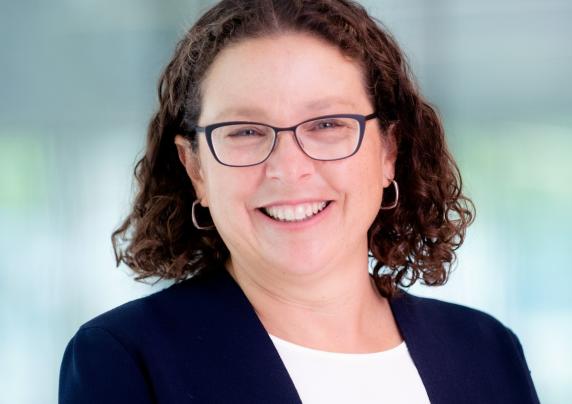
The Streets: America’s Hidden Retirement Home
US News & World Report •
April 18, 2024
Image
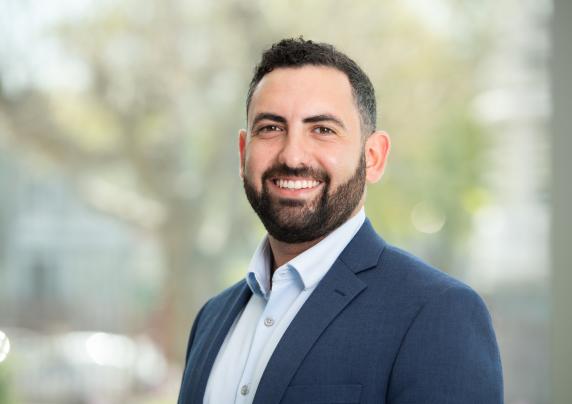
Adding Middle Eastern or North African on the U.S. Census Provides Critical Benefits | Opinion
Newsweek •
April 17, 2024
Image

Affordable Housing is the Solution to Homelessness, Not Criminalization
The Hill •
April 12, 2024
Image
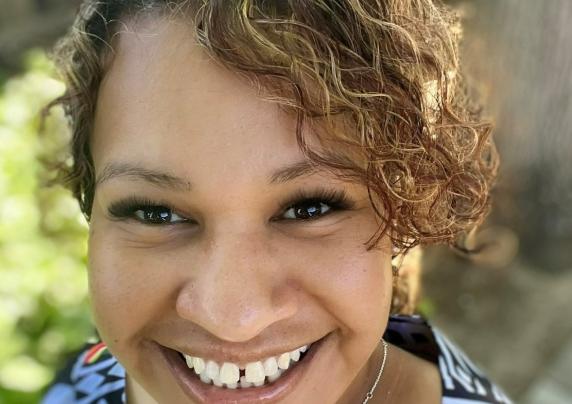
A Just Housing Policy Restores Dignity to People Experiencing Homelessness
The Progressive Magazine •
April 8, 2024
Image
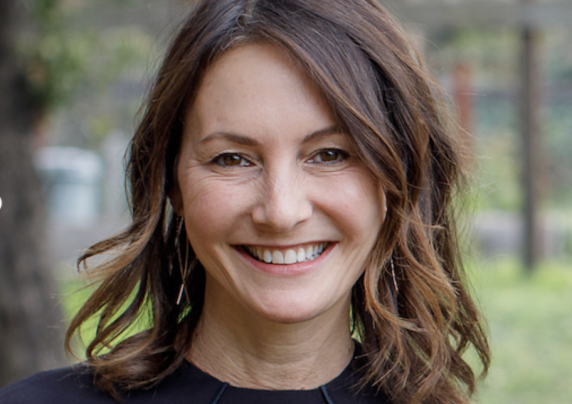
California’s New Law to Force People into Drug Treatment isn’t Working. Here’s its Fatal Flaw
San Francisco Chronicle •
March 30, 2024
Image

It’s Time to Clear the Air on Secondhand Smoke in Affordable Housing
US News •
March 19, 2024
Image

Drug Testing Welfare Recipients Would Only Add to San Francisco’s Homeless Ranks
The San Francisco Standard •
February 23, 2024
Image
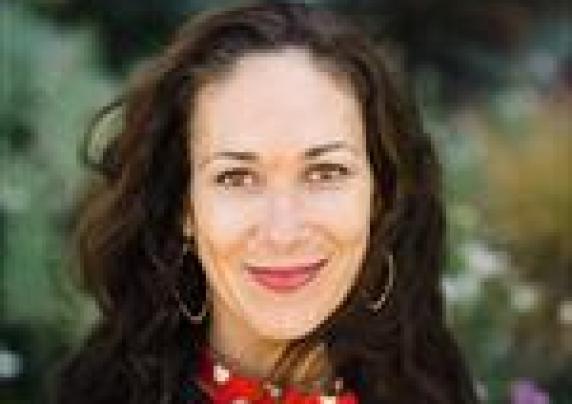
Breaking the Silence: A Call for Rapid Hepatitis C Testing to Save Black Lives in America
Visible •
February 20, 2024
Image

Doing Away With Needle Exchange Programs Won't Prevent Drug Use
Medpage Today •
February 12, 2024